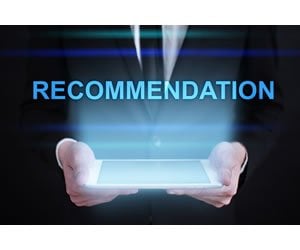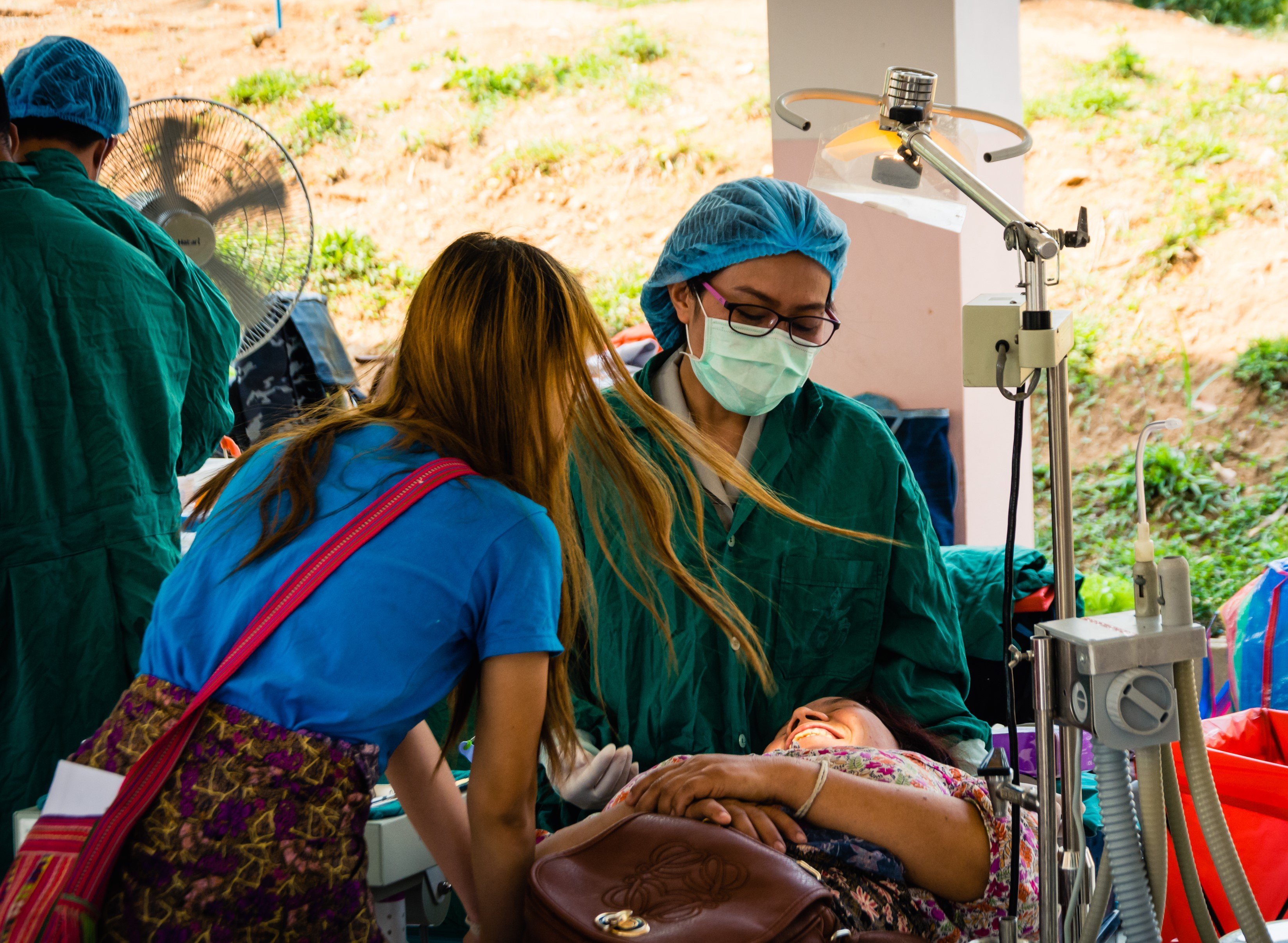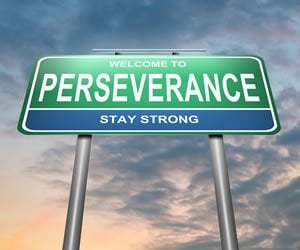As an undergrad, one of the reasons you devoted so much time to a research experience was to earn an epic letter of recommendation–one that speaks to your strengths, resilience, character, self-reliance, cultural competencies, ability to solve problems, and contribute to a group effort. This letter will be a comprehensive endorsement of your medical school application complete with specific examples that influenced your PI’s opinion. This one letter has the potential to outweigh all other letters from a professor whose class you attended, or from someone who oversaw a volunteer program you participated in for a semester.
Addressing COVID-19 in Application Essays
This application cycle, many healthcare professional school applications have been affected by COVID-19. Many professions … Read more





















